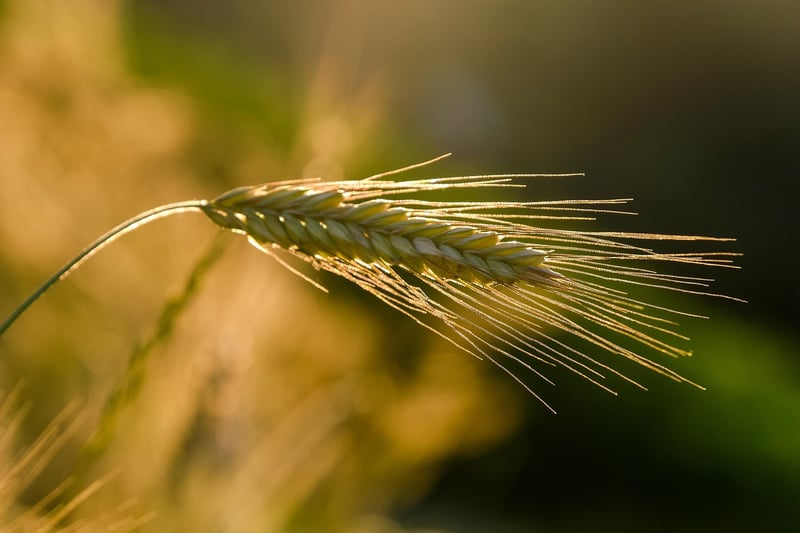Pest Control
Keeping Your Garden Healthy: Pest Control Tips
Welcome to our guide on maintaining a healthy garden through effective pest control practices. A thriving garden requires careful attention to prevent pests from damaging your plants. Here are some essential tips to help you protect your garden and promote plant growth.
1. Identify Common Garden Pests
Before you can effectively control pests in your garden, you need to know what you're up against. Common garden pests include aphids, caterpillars, snails, slugs, and beetles. Learn to identify these pests and the damage they cause to your plants.
2. Encourage Beneficial Insects
Not all insects are harmful to your garden. Some insects, like ladybugs, lacewings, and parasitic wasps, are natural predators of common garden pests. Planting flowers such as marigolds and dill can attract these beneficial insects to your garden.
3. Use Natural Remedies
Consider using natural remedies to control pests in your garden. Neem oil, insecticidal soap, and garlic spray are effective and safe alternatives to chemical pesticides. These natural remedies can help protect your plants without harming beneficial insects.
4. Practice Crop Rotation
Rotate your crops each season to disrupt the life cycle of pests that may overwinter in the soil. By planting different crops in different locations each year, you can reduce the buildup of pest populations in your garden.
5. Remove Infected Plants
If you notice any plants in your garden that are severely infested with pests, remove them immediately to prevent the infestation from spreading to other plants. Proper disposal of infected plants can help protect the rest of your garden.
6. Maintain Garden Hygiene
Keep your garden clean and tidy to reduce hiding places for pests. Remove debris, weeds, and fallen leaves regularly to eliminate potential habitats for insects. Good garden hygiene can help prevent pest infestations.
7. Monitor Your Garden Regularly
Inspect your plants regularly for any signs of pest damage. Early detection of pests allows you to take action before the infestation becomes severe. By monitoring your garden consistently, you can address pest issues promptly.
8. Attract Birds and Frogs
Encourage natural predators like birds and frogs to visit your garden by providing bird feeders, bird baths, and small ponds. Birds and frogs feed on many garden pests, helping to keep their populations in check.
By following these pest control tips, you can maintain a healthy and thriving garden while minimizing the use of harmful chemicals. Protecting your plants from pests will ensure a bountiful harvest and a beautiful outdoor space for you to enjoy.

For more information on gardening and pest control, visit Royal Horticultural Society.
